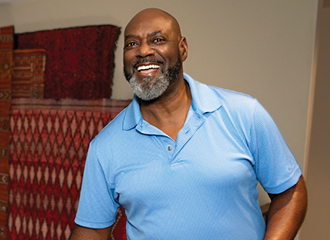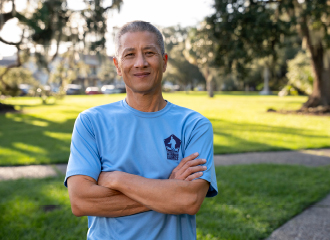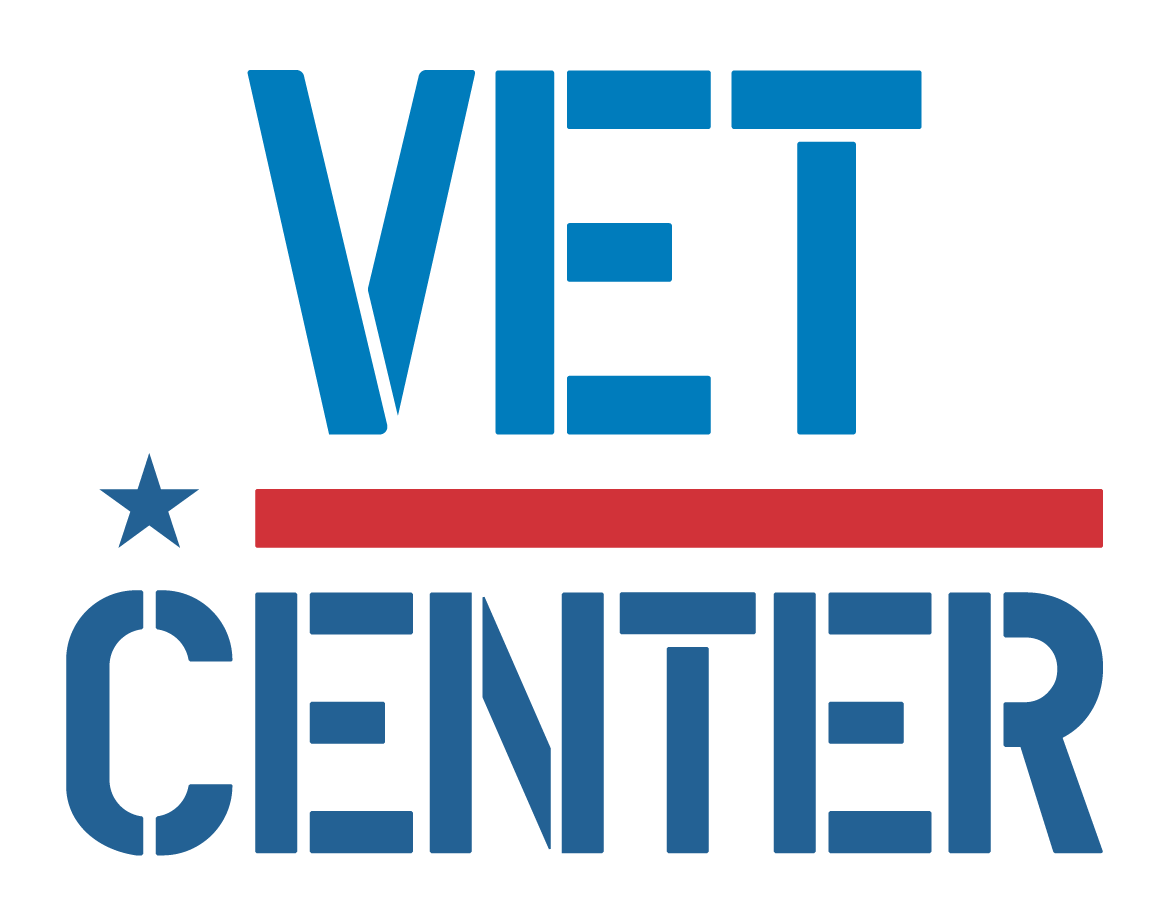There are several things you can do right away to improve your sleep. Try to remember these tips:
- Keep your bedroom quiet, dark, and cool.
- Make your bedroom a place just for sleeping—not a place for other activities, such as watching television, reading, working on the computer, or listening to the radio.
- Create a relaxing bedtime routine.
- Avoid watching TV or using the computer too close to bedtime. These activities rev up your brain, and the light exposure from the screens can throw off your sleep cycle.
- Maintain a regular sleep schedule, where you go to bed and wake up close to the same time every day.
- Get outside and exercise daily (but not close to bedtime).
- Avoid taking any medications late in the day that might delay or disrupt your sleep.
- Avoid caffeine and nicotine.
- Avoid alcohol close to bedtime (and excessive alcohol consumption in general).
- Avoid large meals and beverages late at night.
Your family and close friends may notice that trouble sleeping is affecting your quality of life. You can turn to them when you are ready to look for solutions to your sleep problems. It can be helpful to share what you’re experiencing, and they may be able to provide support as you look for ways to improve your sleep.
Every day, Veterans from all military service branches and eras connect with proven resources and effective treatments. Here’s how to take the next step: the one that’s right for you.
New to VA? Apply for health care benefits.
- Getting started is simple. Create a free account online to help ease your enrollment process. To prepare to apply for VA health care in person, by telephone, or by mail, explore VA’s “How to Apply for VA Health Care” page.
- Not sure whether you are eligible for VA health care benefits? Read about eligibility for VA health care.
- Unsure of what kind of help you need? Call 877-222-VETS (877-222-8387) to find the right resources to meet your needs, Monday through Friday, 8:00 a.m. to 8:00 p.m. ET. If you have hearing loss, call TTY: 800-877-8339.
- Veterans’ family members and caregivers can see whether they qualify for VA medical benefits as a spouse, surviving spouse, dependent child, or caregiver. Explore family and caregiver health benefits.
Already enrolled in VA and interested in mental health support? Schedule a mental health appointment.
- If you’re already enrolled in and using VA health care, the fastest way to schedule VA appointments is to call the VA facility where you want to receive care.
- With VA appointments tools, you can schedule some VA health care appointments online, view details about upcoming appointments, and organize your health care calendar.
- If you’re not using VA medical services, contact your nearest VA medical center or Vet Center to talk about your needs.
What about other options at VA? VA offers a variety of tools and resources.
- The Veteran Training online self-help portal includes modules on managing anger, developing parenting and problem-solving skills, and more.
- Mental health apps for Veterans cover a variety of topics, ranging from PTSD to anger management to quitting smoking.
- VA TeleMental Health connects you with a VA mental health provider through a computer or mobile device in your home or at your nearest VA health facility. You can learn more about this option from your local VA medical center.
- Community-based Vet Centers provide confidential counseling, community engagement and referral services to eligible individuals and their families. You don’t need to be enrolled in VA healthcare or have a service connection to receive services. Find a Vet Center near you or call 877-927-8387, 24/7 to talk with a fellow Veteran about your experiences.
What about support outside of VA?
FindTreatment.gov and the National Resource Directory list programs outside of VA. Use these tools to find resources near you.
Learn more about addressing specific concerns that may be related to trouble sleeping, such as nightmares, preparing for deployment, stress, depression, and posttraumatic stress.











